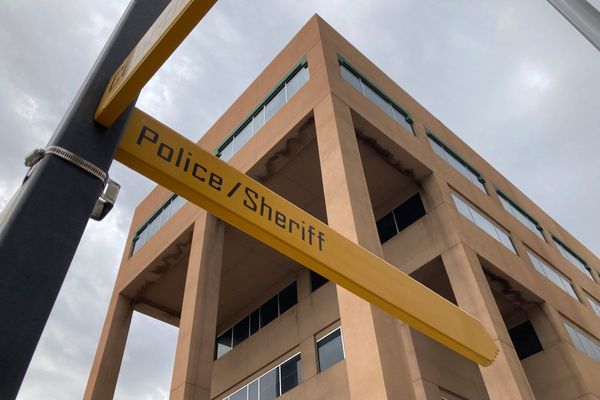
Moscow is seeking to expand its influence in Africa. This week has seen another diplomatic flurry by Russian Foreign Minister Sergei Lavrov, with visits to Mali, Mauritania and Sudan.
Mali turned to former colonial power France for military assistance in fighting the islamist insurgency. But Paris pulled troops out of the West African nation last year as tensions with the ruling junta reached breaking point.
Since seizing power in 2020, Mali's ruling junta has brought in Russian planes, helicopters and paramilitaries to bolster its fight against jihadist militants.
Lavrov hailed the new alliance that is being forged between Moscow and Bamako. "The fight against terrorism is, of course, an issue for the other countries in the region," Lavrov told journalists during a press conference.
Massacre
France says the military operatives used by Russia to combat terrorism are Wagner mercenaries, employees of a private military group that Moscow has deployed in Syria and Ukraine.
The organisation Human Rights Watch and the UN have implicated Wagner and the Malian army in an alleged massacre at Moura in central Mali last March in which several hundred people were rounded up and killed.
Less than 48 hours before Lavrov's visit, the junta announced the expulsion of the UN's human rights envoy to the country.
"Human rights are being instrumentalised, politicised for hidden agendas," said Mali's Foreign Affairs Minister, Abdoulaye Diop.
Moscow meets Mauritania
Lavrov left Mali and arrived in Mauritania on Tuesday evening in the first ever working visit of a Russian foreign minister to that country.
Lavrov was scheduled to meet Mauritanian President Mohamed Ould Ghazouani and Foreign Minister Mohamed Salem Ould Merzoug.
He will then continue his Africa tour by visiting Sudan.
Last month, Lavrov was in South Africa which is seen as the most significant of several African nations to take a neutral stance on the Ukraine war and refuse to condemn Russia's invasion — to the disappointment of the US and other Western partners who also view Pretoria as pivotal to their plans to build relationships in Africa.
(With agencies)







